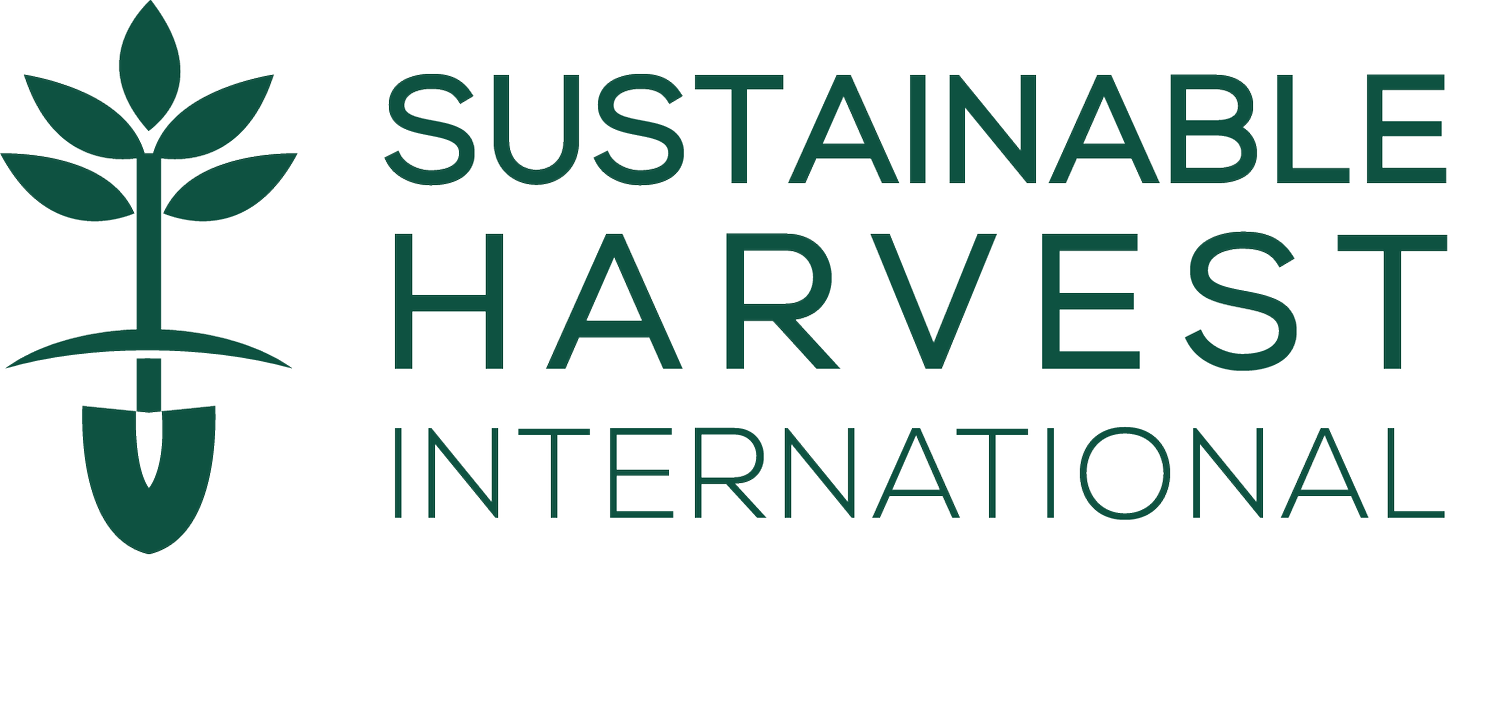by Florence Reed
BELLA FLORIDA, PANAMA—It had been six years since I last visited Isabel’s farm and I didn’t know what to expect. The sound of rocks scraping the bottom of the rental car had gotten worse since picking up three additional passengers. After thirty minutes of jolting along the dusty road, I was relieved when we had to walk the last quarter mile. The hedge of hibiscus preceding the path to Isabel’s house looked the same, but the farm beyond looked less abundant than I remembered. I began to worry that our efforts had been in vain.
As my feet met the dry, hard-packed clay ground I remembered the transformation of this farm during the five years that Isabel had been in our program. When his family began working with us in 2003, they produced a few, meager crops grown by rotating from one small, burned plot to the next. By the time they graduated from our program in 2008, an abundant farm had replaced the old growing system.
Isabel’s family, too, had blossomed with the fruits of their labor. The first few times that I walked up the dirt path to their home, Isabel’s wife and two daughters ran and hid in their mud-walled house, peeking at me from behind a handmade curtain. Isabel spoke quietly, rarely looking me in the eye. By the time Isabel graduated from our program, however, he spoke easily to me and other visitors about the new farming practices that had brought so many benefits to his land and family.
Isabel in 2009
During my last visits, even his wife and teenaged daughters came out of their new, larger cement house. They no longer seemed ashamed of their short stature and bowed legs—probably a result of childhood malnutrition. Increased income from the farm had even allowed Isabel to send both daughters to high school—a dream that had seemed far out of reach when he first start working with us.
Continuing along the path to Isabel’s home, I saw no signs of burning. I also saw evidence of soil conservation techniques we teach, such as terracing and erosion barriers. This was encouraging, but by the time I reached the house, I saw only limited evidence that we had ever worked here.
A loud “Buenas tardes!” from me brought Isabel’s oldest daughter, Aracelys, and then his wife, Nelly, out of the house. Aracelys walked right up to shake my hand and chatted comfortably with me. Nelly hung back by the house, but also shook my hand when I approached, telling me that Isabel was away for the day. Both looked happy and healthy.
So far so good, I thought, but now I was the nervous one, as I asked how the farm was doing.
“It’s not very good right now because of the long dry season,” they answered. “Would you like to see our coffee plants?”
“Como no,” I said. Sure.
A short walk down a path behind the house brought us to the edge of a large vegetable garden half the size of a football field. I was pleased to see raised beds just the way that Isabel had learned to make them with our field trainers. Many of the beds had crisp, green plants growing in them—peppers, tomatoes, green onion, parsley, and others. Still, Aracelys and Nelly were quick to tell me that some of the beds had been left unplanted because it had been so dry and they had to carry water by hand from the only spring that still had water.
Then I understood why I hadn’t seen more crops growing between the road and the house. We were at the end of a long dry season and that part of the farm was far from their water source.
Beyond the garden, two seedbeds full of vegetable seedlings indicated that the garden was still very important to them. Turning around, my eyes widened upon seeing over 100 pineapple plants, most of which had sweet-smelling fruits growing on them. Aracelys told me that they started growing pineapple with us ten years ago and had never stopped. I noted the leaves carefully left on the ground around the plants for mulch to maintain what humidity was in the soil and smother the weeds.
A few more steps and we came to a plot of coffee plants whose dark red berries stood out against the bright green leaves. The coffee grew in the shade of many taller trees.
As we stood admiring the coffee, I asked Aracelys if she was helping her parents on the farm.
“I’m studying at the university,” she replied. In English!
Thrown by a sudden shift in my own perception of this young woman, I finally responded in my first language, which I never expected to hear from Aracelys. “Wow! You speak English very well. Congratulations! What are you studying?”
Aracelys (one of Isabel's daughters) and Nelly (Isabel's wife)
“English,” she said. “My younger sister started at the university right after high school and is graduating soon. I started later.”
We switched back to Spanish so that Nelly could participate in the conversation too. I told Nelly that I couldn’t believe how well her daughter communicated in English. At first, Nelly didn’t answer, but then broke into a big smile.
As I left the farm, I couldn’t contain my smile either having seen that this family was continuing to improve their circumstances based on the sustainable farming practices they had learned with us all those years ago.
Just as I took one last look back at their farm, a flock of parakeets flew overhead and landed in one of the farm’s tall trees that had dropped its leaves for the dry season—a reminder of how all life on this beautiful planet benefits from the healthy ecosystem on Isabel’s farm.
Isabel and Nelly's farm






